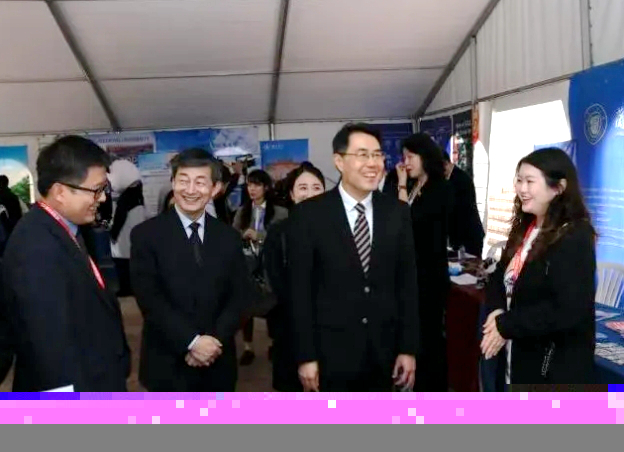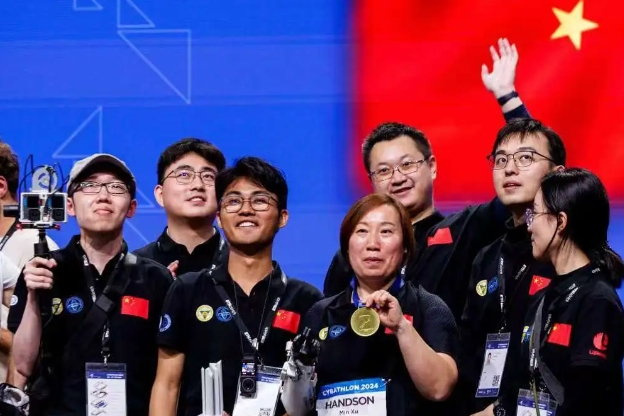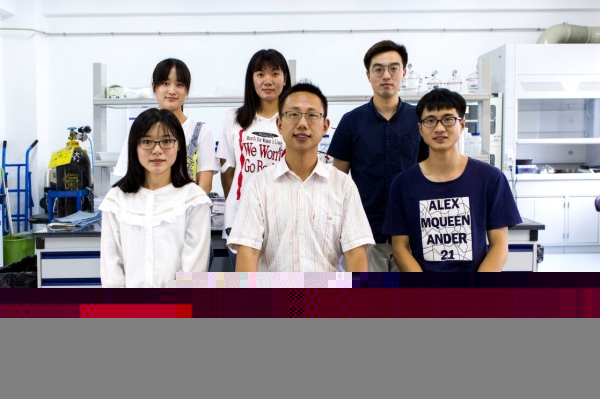
Prof. Tao Li, born in 1982, national youth distinguished expert, Jiangsu Province innovative and entrepreneurial talent and high-level talent involved in the “Six Major Talents Summit” and Deputy Dean of the School of Materials Science and Engineering. He has published more than 40 SCI papers in the fields of nano-functional materials and micro-nano devices, which have been cited in WoS by 2,500 times (one of the works has been cited more than 700 times). He is also a member of the EIPBN International Conference, the IEEENTC Conference Preparatory Committee and the China Materials Society's Youth Committee. He serves as the Associate Editor of the International Journals IETMicro & NanoLetters and Microelectronic Engineering.
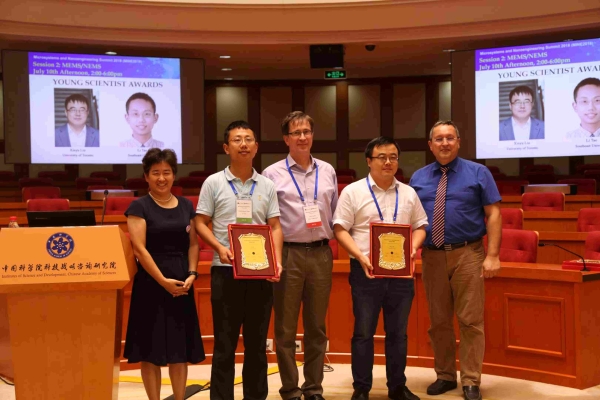
The research of new semiconductor materials and devices is the core of the research and development of important technologies such as 5G and IoT in the information age. Among others, two-dimensional materials represented by well-known graphene are deemed as the hotspots of research. When he was worked for UT-Austin Microelectronics Research Center, his team was exploring two-dimensional materials that are more compatible with graphene than existing semiconductor device technologies; in Italy, two scientists were racking their brains for the application of newly developed graphene. “It can be said that I had prepared at that time, and it was also a coincidence that I met a collaborator with mutual needs.” He said with a smile. However, the new research direction made the research process obstructive and lasting for long time. He spent two and a half years from the initial setbacks to the final success. Whenever research was blocked and he felt pressure, Tao Li often used the phrase Winners never quit, and quitters never win. to encourage himself to be indomitable. Hard work pays off, he led the team to prepare and characterize the silane field effect transistor for the first time. Simply put, if you compare the CPU of your computer and mobile phone to the brain of a human body, the FET is equivalent to a neuron cell. Devices based on new materials are expected to make chips faster, consume less power, and have more features. His work was published in the top journal Nature Nanotechnology, which was cited more than 700 times in less than five years (ESI Most Cited Paper). More than 50 media outlets including Time Magazine blogged it, and it was ranked 33rd in the 100 Science News of 2015. Tao Li was also invited to make relevant reports at home and abroad academic conferences more than ten times.
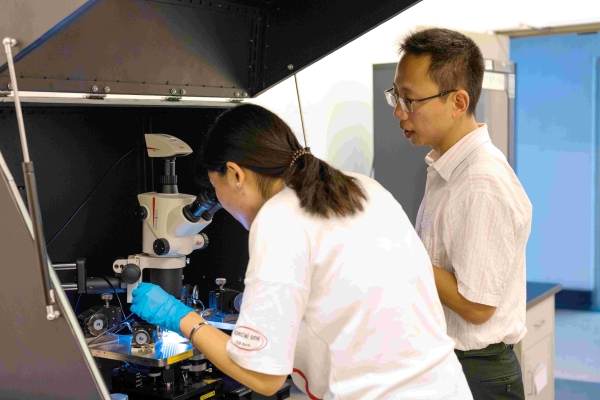
Prof. Tao Li has always been persisting in “excellence” in scientific research. “I have seen Mr. Tao’s experimental records, full of several large books, and the parameters of each experiment are clearly recorded.” When talking about teacher Tao, Sun Xinghao, a postgraduate student of the Materials Science and Engineering, showed great admiration. Prof. Tao features the habit of summary, and he sorts out important works every day; after finishing a complete experiment, he will systematically prepare a report for the convenience of reference at any time in the future.
His studies abroad and work experience grant him the opportunity to work with scientists around the world and to make him more convinced of the importance of international vision. He’s active in “going out”, serving as the editor-in-chief of internationally renowned publishers or editors of journalists, and promotes the latest achievements of domestic and foreign counterparts. He’s also active in “bringing in” by introducing important international conferences to the country. “The most important thing in doing research is communication and cooperation. Only in this way can we understand and improve each other. The right is more important than the best.” He usually works on scientific research projects. He especially values teamwork and firmly believes the concept of “many hands make light work.”
Prof. Tao Li said: “Doing scientific research is exactly similar to a human landing on the moon. It is a process of exploring the unknown. Only those who have experienced loneliness and have a firm heart can have the opportunity to experience the unparalleled scenery.” He also proved himself with his own practical actions. The 30-year-old young scholar had been awarded several national and Jiangsu provincial talent projects and was recently awarded “2018 International Microsystems and Nano Engineering Summit Young Scientist Award”. There is never a shortcut to success. Talent and diligence, strength and opportunity, these promoted Tao Li to become a good example for Southeast University.” There is an ancient poem in China. “The road to truth is long and tortuous, but I will be indomitable and spare no effort to pursue and explore.” On the road of scientific research, he is always full of passion, never forgetting his original aspiration and marching forward.


